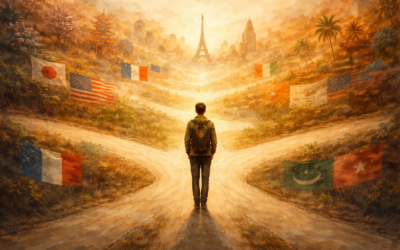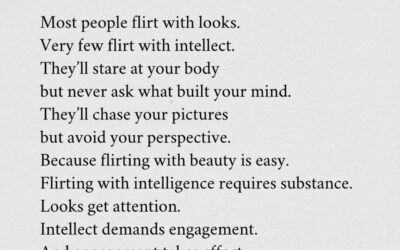Watching Chief of War on Apple TV shifted something in me. It’s more than a story about the Hawaiian Islands—it’s a reminder of what integrity and moral compass look like when they live inside a people, not inside written laws.
The Hawaiians didn’t need a rulebook to treat one another with dignity. They lived by something deeper: honor, humanity, kindness. To witness that is to understand why it’s an honor to live among them—not the other way around.
For those who visit Hawaii and only see beaches, shirts, acai bowls, or sunsets—you’re missing the truth. Chief of War reveals why Hawaiians feel as they do about their land, their culture, their survival. If you can’t connect with their pain, their fight, their resilience, then you haven’t understood Hawaii at all.
Colonizer thinking—the belief that commerce, convenience, and buildings are “better”—is not culture. It’s compensation for not knowing how to carry your humanity without external scaffolding. The Hawaiians carry theirs. They always have.
Episode seven, where foreign guns cut down islanders, is not just history. It is happening elsewhere today—entire peoples starved, shot, erased. And yet many of us turn away, distracted by dinner plans, weekend outings, or the next purchase. Who are we, if that is our reflex?
We can’t take a single dollar with us when we die. But we can leave behind an act of kindness that ripples forever. That’s what the Hawaiians remind me. That’s why I love them.
So if you say you love Hawaii, go deeper. Watch Chief of War. Let it strip away the postcard gloss and demand you feel what it means to belong to a land, to a people, to a story of survival.
And when you step on those islands—think hard about how you show up.




0 Comments